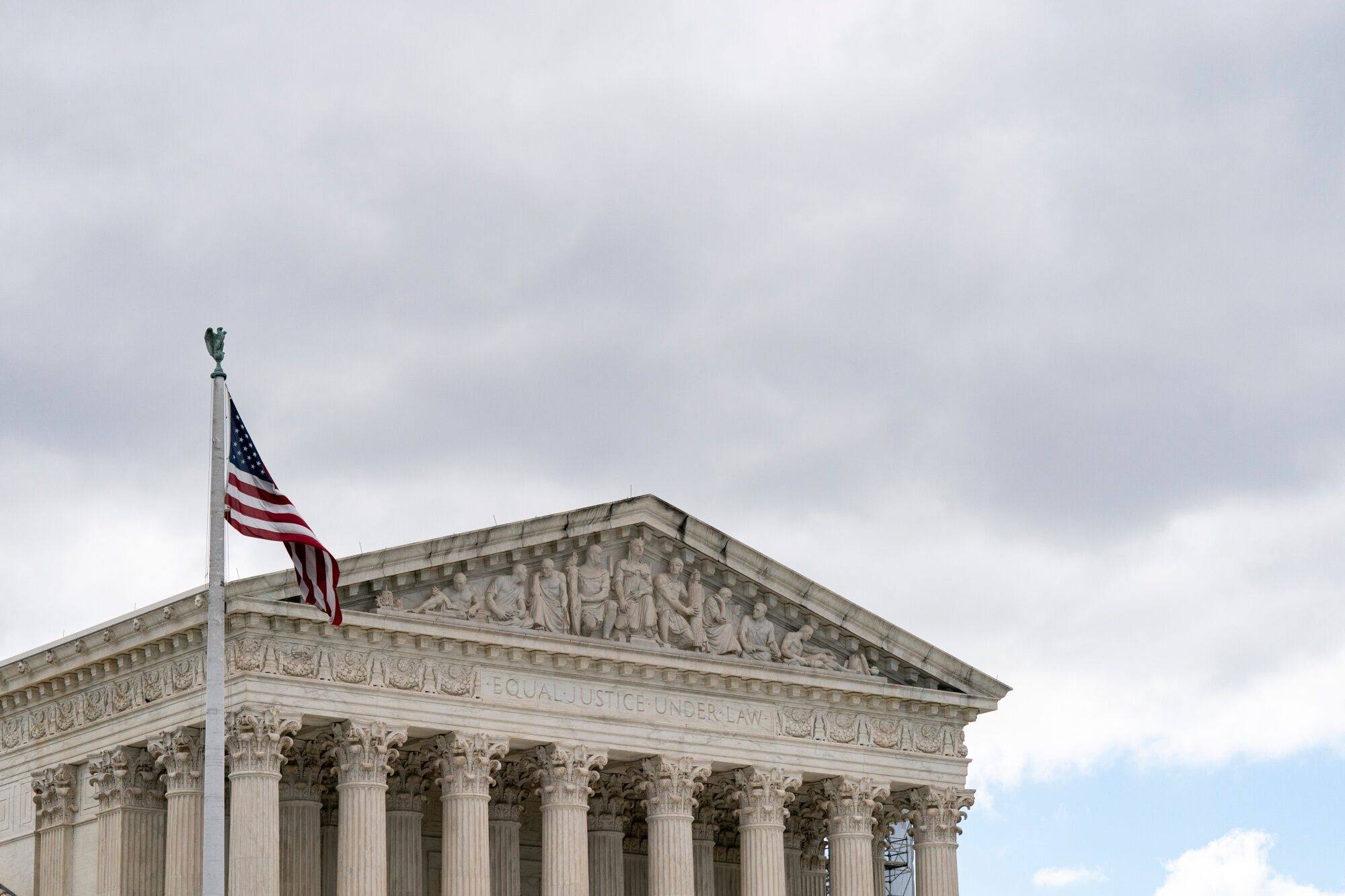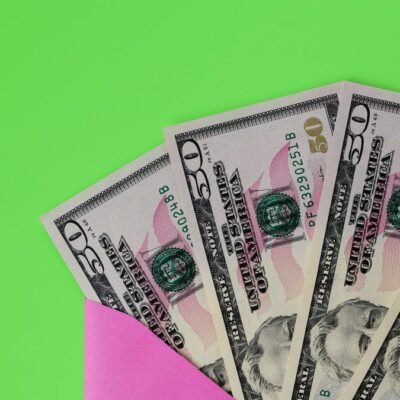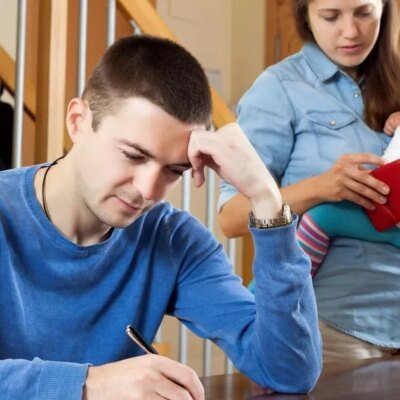The former president’s lawyers on Monday took preliminary steps to request that a New York judge set aside the jury’s verdict against him, according to a person familiar with the situation who declined to be identified discussing nonpublic matters.
They also proposed delaying his July 11 sentencing in the meantime to allow time for briefing and arguments. The letter, which Trump’s lawyers will submit to Justice Juan Merchan, won’t be made public until at least Tuesday. They will ask for permission to formally argue that the conviction should be overturned.
The letter cited the US Supreme Court’s ruling and asked the judge to delay Trump’s sentencing while he weighs the high court’s decision and how it could influence the New York case.
The lawyers argue that the Supreme Court’s decision confirmed a position the defence raised earlier in the case that prosecutors should have been precluded from introducing some evidence they said constituted official presidential acts, according to the letter.

In prior court filings, Trump contended he is immune from prosecution for conduct alleged to involve official acts during his tenure in office. His lawyers did not raise that as a defence in the hush money case, but they argued that some evidence – including Trump’s social media posts about former lawyer Michael Cohen – comes from his time as president and should have been excluded from the trial because of immunity protections.
The Manhattan district attorney’s office declined to comment on Monday night. A spokesperson for Trump didn’t immediately return a request for comment.
Merchan instituted a policy in the run-up to the trial requiring both sides to send him a one-page letter summarising their arguments before making longer court filings. He said he did that to better manage the docket, so he was not inundated with voluminous paperwork.
In denying Trump’s bid to move the trial from New York state court to federal court last year, a federal judge found that the allegations at the centre of the case pertained to Trump’s personal life, and do not “reflect in any way the colour of the president’s official duties.”
“The evidence overwhelmingly suggests that the matter was a purely a personal item of the president – a cover-up of an embarrassing event,” US District Judge Alvin K. Hellerstein wrote in the ruling.





